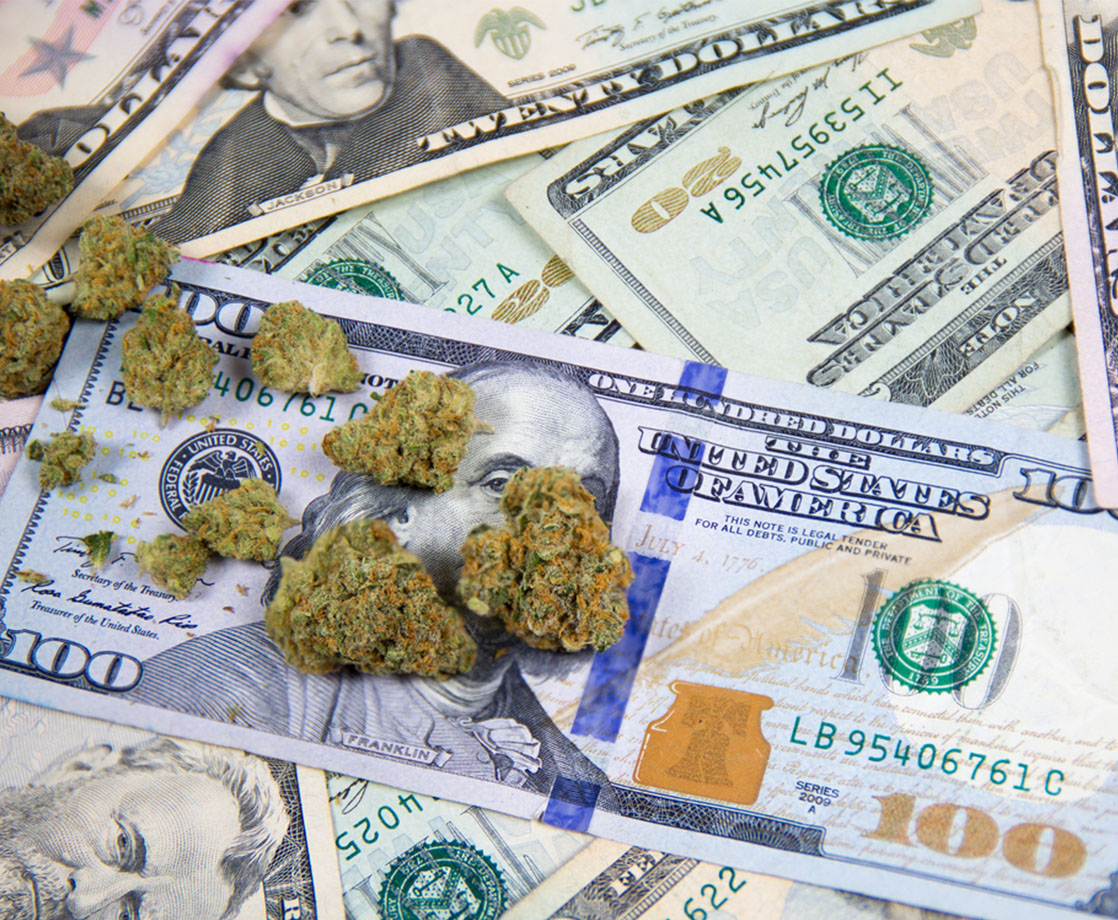On October 17, Canada made history by becoming the second nation to allow legal sales of adult-use cannabis. Although Uruguay federally legalized in 2014, the Latin American nation designed its system to solely benefit citizens, with weed price-fixed to snuff out the local black markets. Canada, on the other hand, positioned itself to dominate cannabis commerce on a global scale.
Right now, the U.S. accounts for 90 percent of the burgeoning $9.5 billion cannabis industry. In the next four years, worldwide, the legal industry is expected to rake in over $23 billion, with Canada taking 17 percent of the share. By 2026, legal weed may be worth $50 billion, and by 2030, a cool $75 billion — more than global music and video game sales combined.
Earlier this year, Constellation Brands, the makers of Corona beer and Svedka vodka, began pouring billions of dollars into Canopy Growth, Canada’s largest cannabis cultivation outfit. Even former U.S. Speaker of the House John Boehner has gotten in on the action by joining the board of Acreage Holdings, a U.S. cannabis company vying for public listing in Canada’s stock market, and by selling private investment advice for an undisclosed sum.
So, how are the Canucks poised to take over? For one, Canada is the only industrialized nation permitting commercial exports and imports of cannabis products. Compare this to the U.S., which not only bans importation and exportation, but heavily restricts interstate transport of cannabis products, as well.
Canada’s also got the upper-hand when it comes to banking. Canada’s banks can do business with legal weed operations just like any other industry. Big banks in the U.S., however, have denied accounts to cannabis businesses for fear they’ll be prosecuted for money laundering. Pouring salt in a cash-hemorrhaging wound, the GOP-led Congress killed a bill this summer that would’ve allowed cannabis banking under federal law.
But the Great White North’s greatest financial asset may reside in stocks. Whereas American cannabis companies are struggling to receive public listings, or they’re bombing as soon as they debut, Canadian cannabis companies are going all in. As of last Thursday, Canada’s pot stocks saw price climbs across the board, despite a slump the day after legalization.
News reports regarding Canadian pot stocks have rollercoastered over the last month, if not the whole year. This promising market appears to be volatile, but according to one seasoned cannabis investor, there’s still a ton of money to be made.
You just need to know who to bet on.
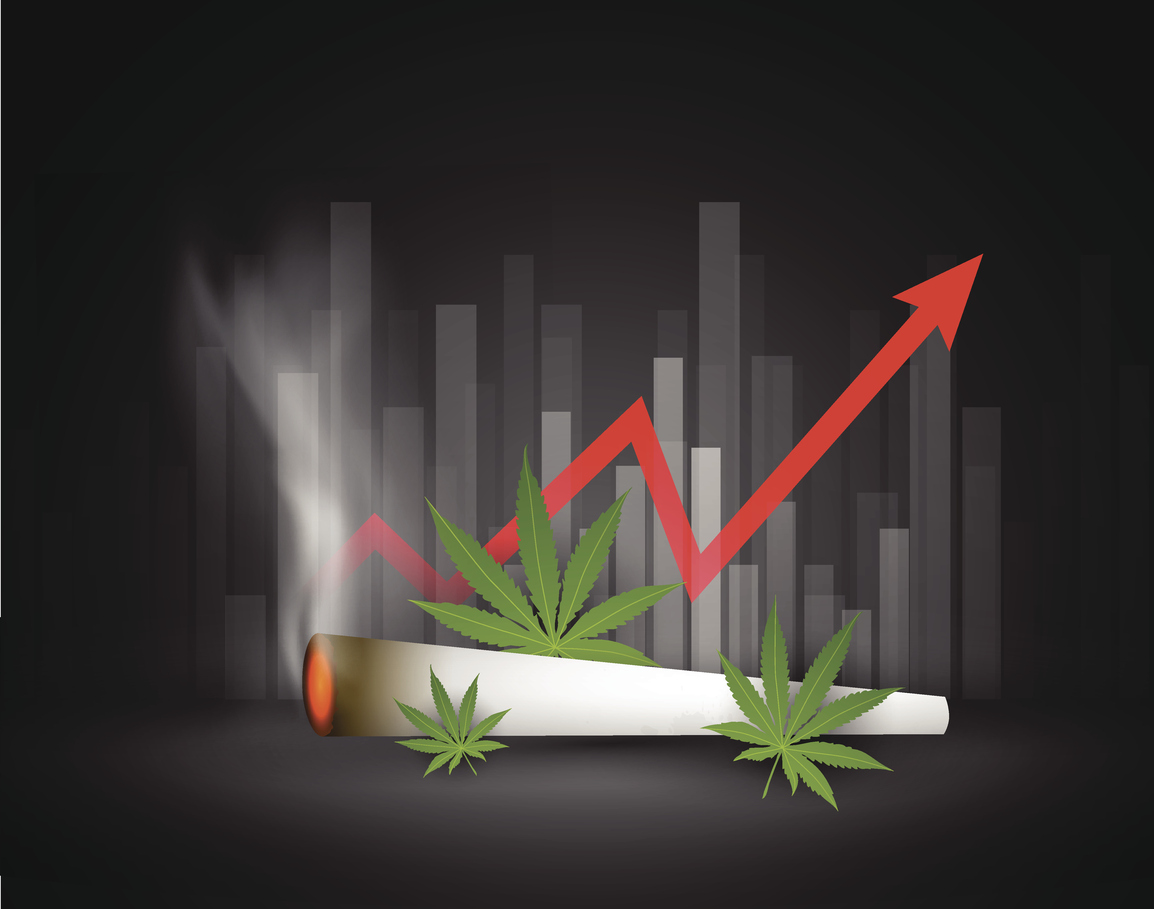
Born in Toronto, Paul Rosen got his start as a cannabis investor by co-founding PharmaCan Capital, today known as The Cronos Group. He’s since moved on from Cronos and recently founded Tidal Royalty Corporation (not to be confused with the music streaming service of the same name), an investment firm that’s bringing Canadian expertise to the U.S. cannabis market.
“Toronto is the global hub of the cannabis industry right now,” Rosen told MERRY JANE over a phone interview. “It’s where all the capital is, and it’s where most of the large U.S. companies are coming to list their businesses.”
Unlike Cronos, Tidal has its sights set on the U.S., not Canada. With Canada quickly becoming the global hub of cannabis, why is Rosen’s firm looking to the tightly regulated, legally ambiguous U.S. market for a financially promising wager? MERRY JANE talked with the seasoned investor about Canada’s new position to take over the world’s weed, how America’s long-overdue delay to federal legalization may be a good thing for some investors, and why legal cannabis just makes sense economically.
MERRY JANE: Can you explain what you mean by Toronto being cannabis’s global hub?
Paul Rosen: When I say it’s the global hub of the industry, I mean it’s the global financial hub. Setting up shop in a U.S. state is like starting a new company — [with] new licenses, new rules, new different types of vertical integration. But what they have in common is they’re coming to Canada to raise capital, and they’re coming to Canada to list their companies publicly on our exchanges.
It’s one thing for Canopy to list on the NYSE or Cronos to list on NASDAQ, because they’re not participating directly with the U.S. cannabis industry. Charlotte’s Web, Golden Leaf, Curaleaf, Pura, the list goes on and on, these are all huge – the largest companies. Or Acreage Holdings, with John Boehner on their board, these companies are coming to Canada, listing on our exchanges, and hiring our investment bankers.
That’s not an opinion. Every large multi-state U.S. operator here in Canada is going public in Canada and raising the money in Canada.
What difference do you see between the Canadian banks’ approach to cannabis and the U.S. banks?
The key point here is the harmonization between federal and provincial law. We don’t have states, but we have provinces, which are like states. In Canada, we don’t have a banking crisis, meaning that our big commercial banks let our cannabis companies open proper commercial bank accounts. They let them wire funds electronically from bank account to bank account, and they don’t make them bank in cash – which is the key.
We don’t have this problem where if you’re associated with the cannabis industry, you can’t get FDIC insurance. In the U.S., because the big banks failed to jump in to a largely cash economy, you fundamentally have a banking crisis because Wells Fargo or Citibank will not knowingly let an operating cannabis company, dispensary, or processing facility deposit revenue into their accounts because a savvy attorney general can argue that they’re in possession of the proceeds of crime, and that they’re undermining their charter – their banking license, if you will. So, the fundamental distinction is we have a functional banking economy in Canada where our operators can access banking services like depositing money electronically, taking credit card payments, making payroll electronically that any other business can do.
We don’t treat cannabis as this morally questionable and legally questionable enterprise. We treat it like a consumer packaged good or a medicine. You can buy cannabis in Canada the same as you can buy anything else: you can do it online or buy with a secured credit card. Licensed producers here are prohibited from transacting in cash. That’s just basic governance; you don’t want a cash economy so you can audit it.
This is why we at Tidal are so enthusiastic about U.S. cannabis policy. All of your funky policies ultimately create a scarcity of capital, it creates opportunity for capital to create good outcomes. As long as you have these overhangs on banking and overhangs on conventional available capital for the industry, you’re going to impede the overall rapidness of the industry’s development. Which I have no doubt is what’s going on.
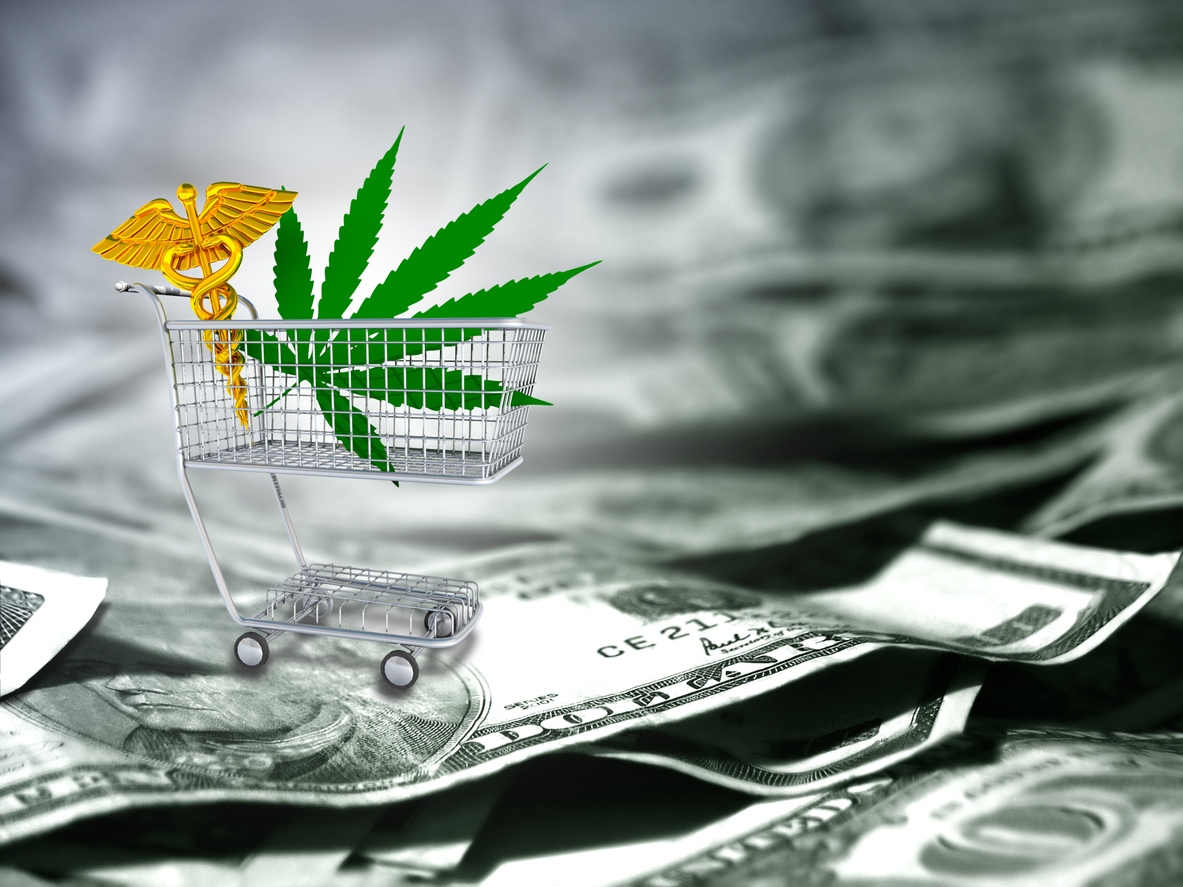
Canada just went legal for an adult-use market. Stocks look volatile at the moment, going up and going down by the day. Should investors be worried?
It’s a paradoxical phenomenon that was, in some ways, inevitable. You would’ve expected that the market would lose its head, but the markets went down the day after Canada started legal sales. Which isn’t really surprising when you consider an old adage in the capital markets: You buy something on rumor and you sell it on the facts. There was a huge run-up in the valuation of some companies that trade publicly in Canada in anticipation of legalization, and it’s not uncommon for new markets, and is why it’s very difficult when you have assets that are moving so swiftly.
A lot of people have made money on those stocks, and if you don’t sell those stocks, what’s the point? So, the markets are potentially overwhelmingly enthusiastic for cannabis companies, not just in Canada but globally, as well. And that sentiment is continuing to be very, very rampant.
What other countries have been interested in Canada’s cannabis?
The list of countries I’ll sort of do in order, but they’ll rotate depending on what’s happening. But there are several countries that have taken up the global cannabis arms race, if that’s what we want to call it. [laughs]
Canada is the undisputed heavyweight right now; I don’t think there’s any debating that.
I think the second most important market is the United States. Period. For all the reasons I listed before. That’s where I’m putting a lot of my capital and time.
The E.U. is my third most important market because of the size and because of the cultural acceptance there. The product doesn’t have to the convince the public, and it has a built-in user base.
Now, we’ll go away from the so-called developed world. Israel really matters in the global cannabis industry. It’s considered an innovation hub. It does have low-cost cultivation, but it’s really the science and the fact that it’s a tech hub. It’s also where the medical formulations are happening, so Israel has a real strategic advantage in the drug development side of cannabis.
Colombia has really stepped up in the last couple of years as a country that is so geographically and ecologically favored as a low-cost cultivation center. Colombia has impeccable outdoor growing conditions. It has done a great job of rapidly creating a commercial, regulated market. Canadian companies are going public on the backbone of Colombia.
Jamaica, of course, has the cultural association, with ganja being part of the society. Jamaica also has a lot of tourism. In the Caribbean, Jamaica is not surprising.
And that’s it. England will come up real soon. Basically, we will see all liberal democracies and quasi-liberal democracies having sensible cannabis regulations in the next five years. The only countries that will fall off that map are those that resist social change. This was inevitable. Most of the countries that have already shown leadership are the seven I’ve already mentioned.
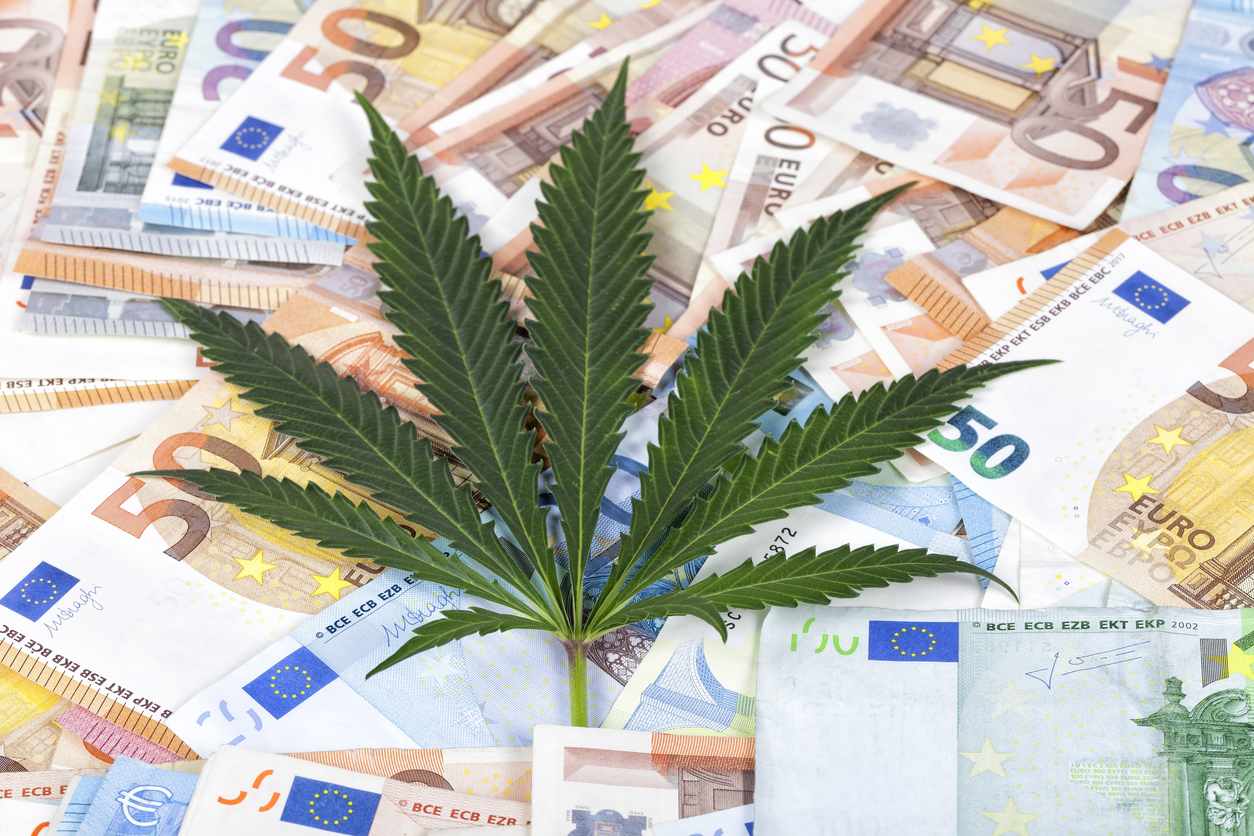
Lately, a lot of younger people have gotten interested in investing, particularly after the cryptocurrency explosion late last year. Crypto got big, then fell off. Regardless, blockchain currencies got a new generation of investors converting to stocks. What advice would you give to folks interested in cannabis stocks right now?
Be careful. [laughs]
As I often say, investors are not unlike athletes or gamblers — they never talk about their losses. Rest assured, there are a lot of questionable companies masquerading as good companies, and I predict there will be more money lost in cannabis than made going forward. That’s not to say this isn’t an incredible industry, but my concern for any investor coming into the industry now is, “What is your methodology to invest in one company over another?”
I’m not saying I’m right all the time, but I do have six years of context, rigorously testing investment predictions. I would ask why are you investing in Company A and not in Company C in this other jurisdiction? I would have a reason. I wouldn’t always be right, but so far I’ve been right.
This is a great industry, but the longer the industry matures, you’re at more of an information disadvantage compared to more seasoned investors that have been analyzing the industry for years. It doesn’t mean you can’t make money off it. Do your homework. This isn’t a scam. This isn’t a bubble. This is a real, dynamic, immense industry that will create some huge companies. Companies that will justify valuations of more than a $100 billion. You got to make sure you know who’s who. Who’s cool, and who’s shitty? Just figure it out.
I said this last week on CNN: You guys got Google? Use it. Just do your homework so you know what you’re doing, and you’re not just gambling.
When you have this type of asset growth forming so quickly, it produces a kind of gold rush mentality. The gold rush was real, and the gold was real, the value of the gold was real, but the gold rush also brought in people whose characters were less than stellar. That’s the difficulty. All the money that can be made attracts good and bad people.
You said this wasn’t a bubble, but do you see any signs that market excitement could create a bubble?
I don’t see it as a bubble, but I do see individual pricing errors, where the market enthusiasm for the entire sector will overwhelm people’s ability to look at companies on an individual basis. That’s where there’s some risk.
For instance, during the dot com crash from 1999 to 2000, there was a meltdown. It wasn’t that the industry was a result of the underlying emerging internet economy not being credible or sustainable. The market was just right. But during the rush toward this pioneering new economy, that excitement and that emotion resulted in some less-than-rational routes on a company-by-company basis.
That happens all the time, but it’s more likely to happen when you have this much cultural fascination. It’s not that it’s a bubble, but some companies are going to crash spectacularly.
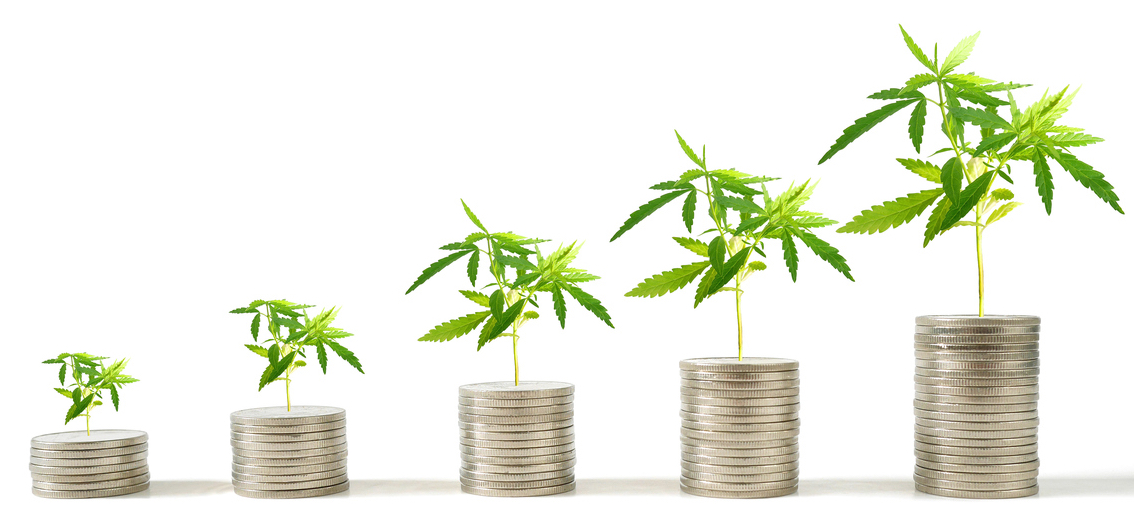
Out here in Colorado, we have some vocal prohibitionist groups ranting about the new dangers of cannabis. But they never discuss the economic consequences of legalization. What other economic benefits do you see legalization offering besides revenue?
Let’s unpack that. First of all, we’re going to attack economy activity that is currently being sucked into the black market. That’s good for the economy because people should pay taxes on their economic activity. More roads, more schools, more hospitals, all great services funded by tax revenue.
We’re going to employ people. There are currently 180,000 Americans employed in the legal cannabis industry. That’s a real number. That’s more than there are teachers at the moment.
We’re going to transition people away from harmful pharmaceutical drugs. The opioid crisis cannot be solved by cannabis, but it can be ameliorated through cannabis. The opioid crisis has not only a human cost, but an economic cost as well. 65,000 Americans died of drug overdoses last year.
Social justice is a really big one, too. The number one reason to be incarcerated is cannabis possession. You have private prisons in the States. Not only that, you have racially disproportionate profiling in the way cannabis laws are enforced. While black kids and brown kids and white kids consume cannabis at the same rates, the white kids are incarcerated at lower rates than the black kids and the brown kids.
Why are you doing that? Because you have a private prison system in the United States. It’s a business. It needs customers. Prisoners should not be customers.
How else would the public benefit from legalization?
Legalizing cannabis means you’re going to stop arresting people for it. Secondly, you’re going to create a safe marketplace for people to buy cannabis products. Is it tested? Is it safe? Is it sterile? Is it standardized? Will it work the same way each time? Is it labeled properly, so we at least know what we’re buying?
People are being hired, and we’re getting rid of black-market activity. It’s destructive. White market activity is constructive for the economy. It’s not even a close call. All the people who are against this product are simply wrong. They’re corrupt, and they don’t get the facts right.
I’m not saying we should encourage people to just start consuming cannabis habitually. I’m saying we can now look at other jurisdictions that have had sensible cannabis laws for years, like Colorado, and if you look back and see all the fear mongering – that teen use would go up, car accident fatalities would go up, drug abuse would go up — we can now simply say you’re wrong. None of those things happened.
It’s Big Pharma, private prisons, prison unions, and law enforcement. Why do those four groups spend more money than any other groups lobbying against cannabis? They’re threatened by it. I don’t think the private prisons are really worried about cannabis being bad for the overall political economy. They’re worried about losing their breadbasket, which is kids going to jail for bullshit crimes that no one should go to jail for.
We’ve seen a lot of trends come and go in the cannabis space in a very short span. One trend is concentrates surpassing edibles, and possibly surpassing flower one day. In terms of capital being raised, do you foresee any new trends appearing soon?
We generally are focusing on what we’ll call “upstream revenue,” whether that’s on the medical or recreational side. There will always be people rolling blunts and smoking them. But more and more users are looking for alternative routes of delivery.
I myself, I think beverages are going to be a huge, dominant delivery mechanism. As we explore the technology and move away from the lungs, we’re going to move more toward the liver and the lymphatic system – the latter being accessed by topicals like creams, lotions, balms. Among the smoking crowd, yeah, people are going to move upstream to better methods like vaporization.
I see it as adding to the craft rather than rotation. All of these things will ultimately lead to additional methods to consume rather than replacing other methods. I see technology making the pipe bigger.
For more on Paul Rosen, visit Tidal’s website here
Follow Randy Robinson on Instagram


